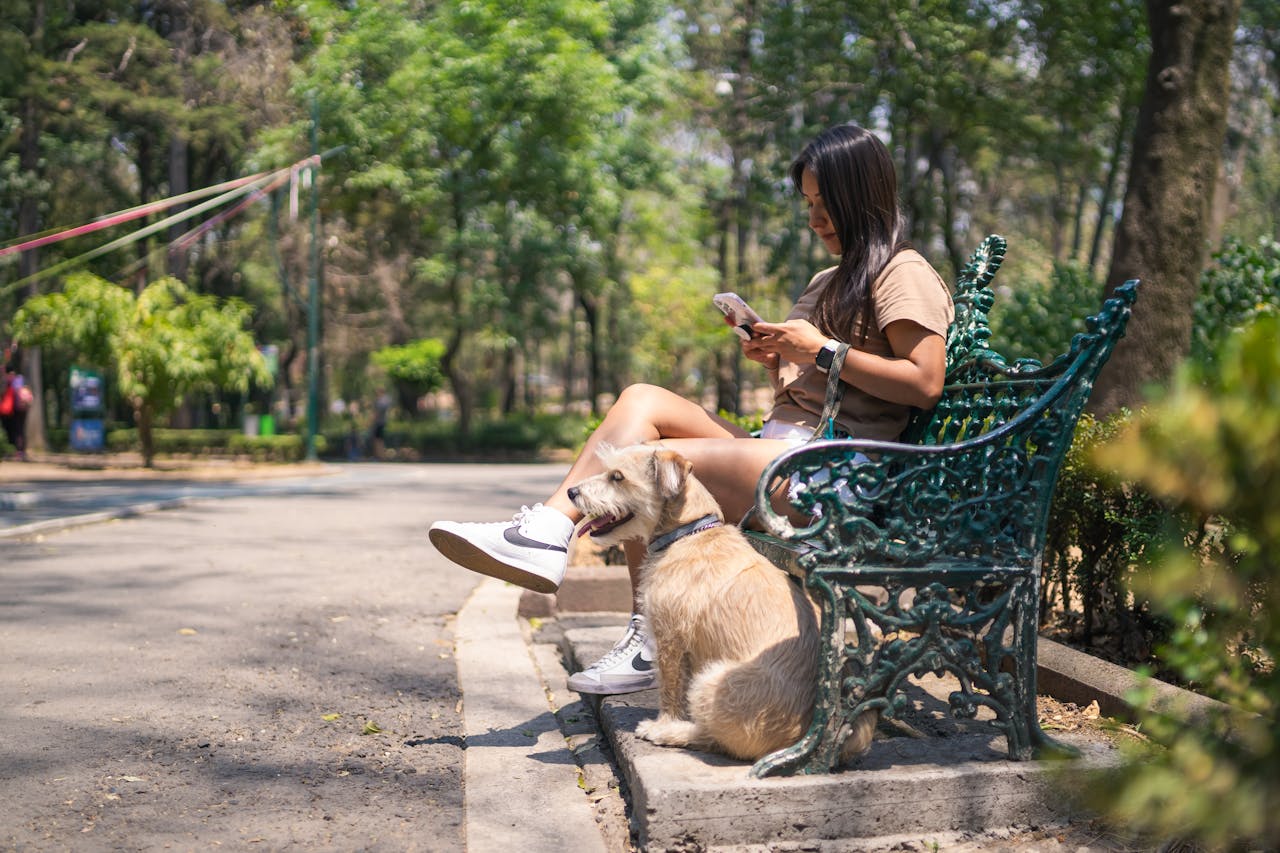
Hiring a Pet Sitter: A Guide on What to Avoid and How to Make the Right Choice
Hiring a pet sitter is a crucial decision for pet owners who need reliable care for their furry companions while they are away. While many pet sitters are dedicated professionals who provide excellent care and companionship for pets, there are also individuals who may not meet the standards or expectations of pet owners. In this article, we will discuss common pitfalls to avoid when hiring a pet sitter and provide guidance on how to make the right choice for your beloved pets.
Signs of an Unreliable Pet Sitter:
Before delving into the process of hiring a pet sitter, it’s essential to be aware of red flags that may indicate an unreliable or unsuitable candidate. Here are some signs to watch out for:
- Lack of Experience: A pet sitter with limited or no experience may lack the knowledge and skills necessary to care for your pets properly. Look for candidates who have previous experience working with animals, whether through pet sitting, volunteering at shelters, or professional training.
- Poor Communication: Effective communication is essential when hiring a pet sitter to ensure that your pets’ needs are met and any concerns or issues are addressed promptly. Beware of candidates who are unresponsive, fail to return calls or messages, or provide vague or inconsistent information about their services.
- Neglecting Safety Precautions: A responsible pet sitter should prioritize the safety and well-being of your pets at all times. Watch out for candidates who disregard safety protocols, such as leaving doors or gates unlocked, allowing pets to roam unsupervised, or neglecting to secure hazardous items or substances.
- Lack of References or Background Checks: Reputable pet sitters should be able to provide references from satisfied clients and undergo background checks to ensure their trustworthiness and reliability. Be wary of candidates who refuse to provide references or cannot provide evidence of their qualifications and credentials.
- Inflexibility or Unwillingness to Accommodate Your Needs: A good pet sitter should be flexible and accommodating to your schedule, preferences, and any special requirements or instructions for caring for your pets. Avoid candidates who are unwilling to accommodate your needs or insist on rigid terms that do not align with your expectations.
- Signs of Neglect or Abuse: Pay attention to any signs of neglect or abuse of animals when evaluating potential pet sitters. Look for candidates who demonstrate genuine care, compassion, and respect for animals and report any concerning behavior or observations to relevant authorities.
How to Avoid Hiring an Unreliable Pet Sitter:
Now that we’ve identified common warning signs of unreliable pet sitters, let’s explore strategies for avoiding these pitfalls and finding the right pet sitter for your furry family members:
- Do Your Research: Take the time to research and gather information about potential pet sitters before making a decision. Ask for recommendations from friends, family, or veterinarians, and explore online reviews and testimonials from previous clients to gauge their reputation and track record.
- Conduct Interviews: Schedule interviews with potential pet sitters to learn more about their background, experience, and approach to pet care. Prepare a list of questions to ask, such as their experience working with pets similar to yours, their availability, and their procedures for handling emergencies or medical issues.
- Request References: Ask potential pet sitters for references from previous clients or employers and follow up with them to gather feedback on their experience and satisfaction with the pet sitter’s services. Inquire about the pet sitter’s reliability, professionalism, and the quality of care provided to their pets.
- Perform Background Checks: Conduct background checks on potential pet sitters to verify their credentials, qualifications, and trustworthiness. Look for any red flags, such as criminal records or negative feedback from previous clients, and use this information to inform your decision-making process.
- Evaluate Compatibility: Consider how well potential pet sitters interact with your pets and whether they demonstrate a genuine connection and understanding of their needs and preferences. Arrange for a meet-and-greet session to observe their interaction with your pets and assess their compatibility before finalizing your decision.
- Establish Clear Expectations: Clearly communicate your expectations, preferences, and any special instructions or requirements for caring for your pets with potential pet sitters. Discuss important details, such as feeding schedules, exercise routines, medication administration, and emergency contact information, to ensure that both parties are on the same page.
- Sign a Written Agreement: Once you have selected a pet sitter, formalize your agreement with a written contract that outlines the terms and conditions of the pet sitting arrangement. Include details such as the duration of the pet sitting assignment, services provided, fees, cancellation policy, and liability and insurance coverage to protect both parties’ interests.
Conclusion:
Hiring a pet sitter is an important decision that requires careful consideration and research to ensure the safety, well-being, and happiness of your beloved pets. By being aware of common pitfalls to avoid when hiring a pet sitter and following the strategies outlined in this article, you can make an informed decision and find the right pet sitter who meets your needs and provides reliable and compassionate care for your furry family members. Remember to trust your instincts, prioritize communication and transparency






